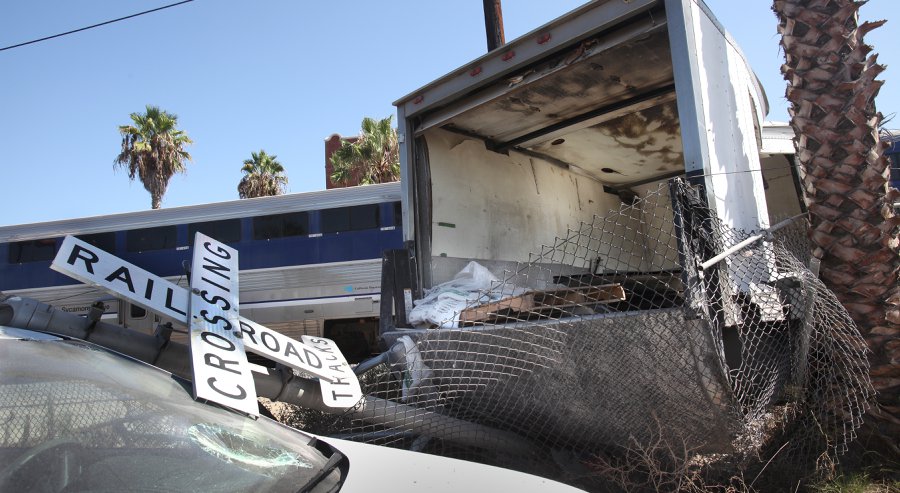Due to the inherently dangerous nature of railroad work, railway employees face numerous hazards on a regular basis. It is important to recognize that not every injury is the result of occupational hazards. In a lot of cases, if your employer acted negligently, you are probably entitled to collect financial compensation. If you sustained an injury during the course and scope of your employment as a railway worker, you need the aid of a skilled FELA attorney to help you successfully navigate the legal process and ensure you get the damages you deserve.
Is a FELA claim the same thing as a workers’ compensation claim?
The Virginia railway injury attorneys at Shapiro, Washburn & Sharp have been earning successful results in railroad accident cases since 1985. Contact our Virginia Beach offices today to schedule a free review of your FELA claim.
What Is the Federal Employers’ Liability Act?
When a worker is injured on the job, they are able to collect financial compensation through a standard workers’ compensation claim. However, once they accept worker’s comp, they are no longer able to hold their employer liable for negligence, even if they were at fault for the accident.
Similar to workers’ compensation, the Federal Employers’ Liability Act was designed expressly for railway workers but, unlike worker’s comp which does not take negligence into account, in order to be eligible for financial recovery through FELA, you will have to prove that your employer was negligent and that their negligence was the immediate cause of your accident and injuries. If you are unable to show that your employer committed negligence, you will not be able to collect compensation.
What Standard of Negligence Applies to a FELA Claim?
Comparative negligence is one of the most important elements of a FELA claim. If a worker sustained an injury arising from employer negligence, they will be eligible to collect financial compensation. If, however, it turns out that the worker’s own negligence played a role in their injuries, any damages they receive will be decreased by their percentage of fault for the accident.
For instance, if a worker is determined to be 20% liable for the incident that led to their injuries, they can still receive financial compensation but the total will be lowered by 20%.
Another legal doctrine that is applied in some personal injury cases is that of contributory negligence. Dissimilar to comparative negligence where the injured victim is still entitled to damages if they were in any way negligent, contributory negligence actually bars them from collecting damages if they were even 1% at fault for the accident.
In the event that the injured worker was the only person liable for their own injuries, they will not be able to receive any financial recovery through FELA.
Relevant damages usually include medical costs, pain and suffering, lost wages, physical therapy, and non-economic damages such as a decreased quality of life.
There are also cases where the railway company itself can be held responsible for 100% of the damages even if the employee was also negligent. This usually involves circumstances where the railway company has violated safety measures that were created to improve employee safety.
If your injuries were caused by employer negligence, you should have the benefit of experienced legal representation.
Speak With A Virginia FELA Lawyer
If you were injured or experienced the death of a loved one working on a Virginia railway, you do not have to navigate the FELA claim process on your own. A reputable Virginia FELA attorney from Shapiro, Washburn & Sharp can guide you through the process and assist you in recovering the maximum amount of financial compensation for your losses. Schedule your free case evaluation today by calling us at (833) 997-1774 or by reaching out online.
